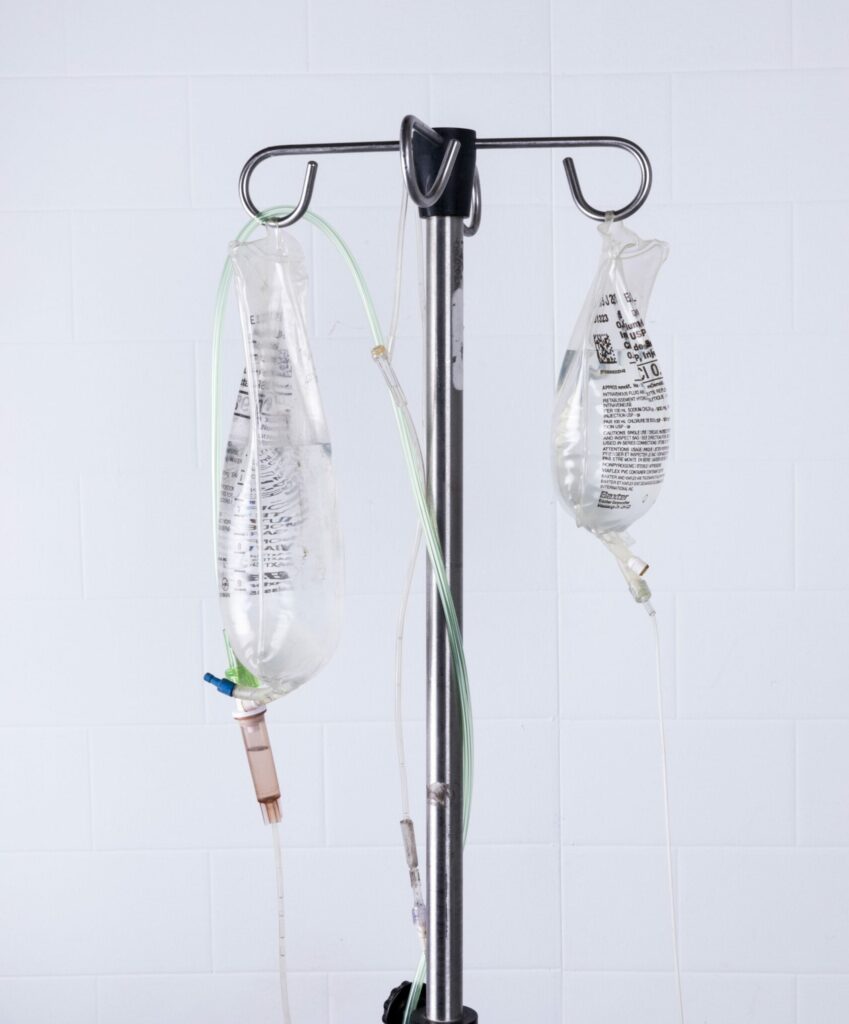
Nova Scotia Healthcare System
Nova Scotia Health Card (MSI)
Nova Scotia's Health Insurance Programs aim to offer eligible residents coverage for medically necessary hospital, medical, dental, and optometric services, subject to certain limitations.
The Insurance Program is directly administered by the Department of Health and Wellness. The funding for these services for Nova Scotians comes from the province's general revenues, and there are no premiums that residents need to pay for this coverage.
Newcomers Health Clinic
Since June 2015, the Mumford Professional Centre has delivered a range of preventive health and primary medical services to government-assisted refugees, privately sponsored refugees, and refugee claimants residing in the broader Halifax area. Patients receive assistance in locating and transitioning to a community-based family practice within a two-year timeframe.
Within the clinic, a team of professionals including family physicians, registered nurses, a social worker, and administrative support staff work together to offer comprehensive services. These services encompass ensuring that patients are up-to-date on vaccinations, managing chronic diseases, and providing routine primary care.
Refugees Healthcare Challenges
Canada's commitment to humanitarian values and welcoming refugees has led to the settlement of thousands of displaced individuals seeking safety and a better life. While Canada offers a supportive environment for refugees, there are unique healthcare challenges that arise as these individuals integrate into the Canadian healthcare system. This article delves into the healthcare issues faced by refugees settling in Canada and explores initiatives and strategies aimed at ensuring their well-being.
Mental Health & Trauma
Language barriers, unrecognized credentials, and unfamiliarity with the Canadian job market can hinder refugees' ability to secure employment that matches their skills and experience. This can lead to underemployment or unemployment, affecting their financial stability.
Cultural Sensitivity
Refugees often come from diverse cultural backgrounds, and healthcare providers need to be culturally sensitive and competent to address their unique needs. A lack of understanding about cultural practices and beliefs can hinder effective communication and treatment.
Access to Healthcare Services
While Canada's healthcare system is renowned for its universal coverage, refugees may encounter barriers to accessing care due to various reasons, such as language barriers, lack of awareness about available services, and uncertainty about eligibility.
Chronic Health Conditions
Some refugees may arrive in Canada with pre-existing chronic health conditions that require ongoing management. Ensuring access to appropriate medications and healthcare services is crucial for maintaining their health and preventing complications

